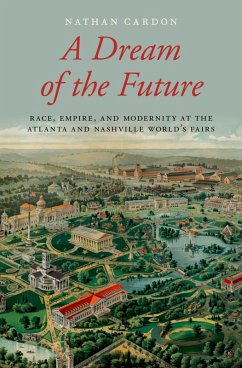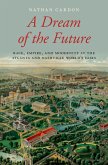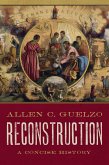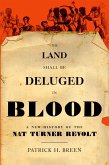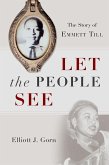As an age of empire and industry dawned in the wake of American Civil War, Southerners grappled with what it meant to be modern. The fair expositions popular at this time allowed Southerners to explore this changing world on their own terms. On a local, national, and global stage, African Americans, New South boosters, New Women, and Civil War soldiers presented their dreams of the future to prove to the world how rapidly the South had embraced and, in the words of Henry Grady in 1890, built "from pitiful resources a great and expanding empire." Nowhere was this more apparent than at the Atlanta and Nashville world's fairs held at the close of the nineteenth century. Here, Southerners presented themselves as modern and imperial citizens ready to spread the South's culture and racial politics across the globe. Unlike the World's Columbian Exposition held in Chicago in 1893, the Southern expositions also gave African Americans an opportunity to present their own vision of modernity within the fairs' "Negro Buildings." At the fairs, southern African Americans defined themselves as both a separate race and a modern people, as "New Negroes." In
Dream of the Future, Cardon explores these assertions of Southern identity and culture, critically placing them within the wider context of imperialism and industrialization.
Dieser Download kann aus rechtlichen Gründen nur mit Rechnungsadresse in A, B, BG, CY, CZ, D, DK, EW, E, FIN, F, GR, HR, H, IRL, I, LT, L, LR, M, NL, PL, P, R, S, SLO, SK ausgeliefert werden.

